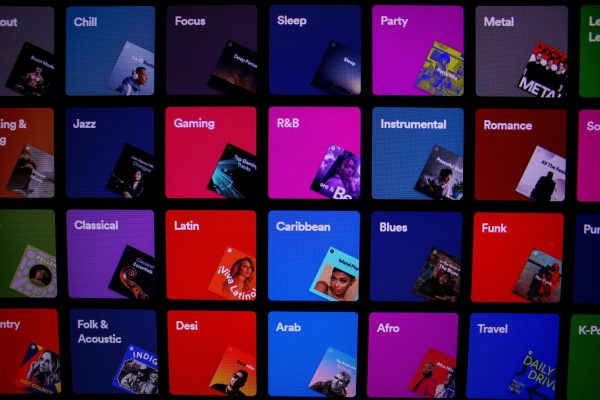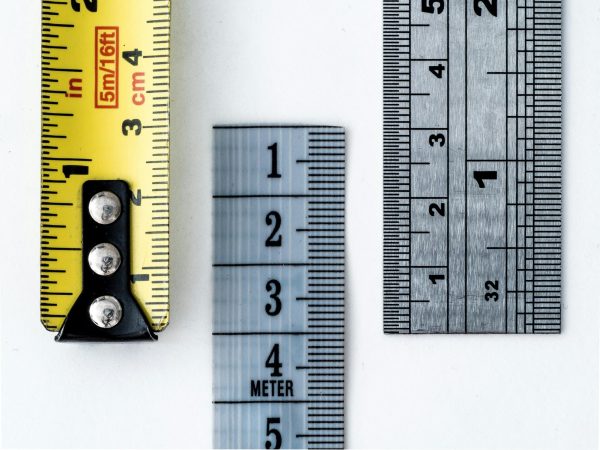Brooke’s Senior Thesis Essay
With homework comes being able to master the responsibility of working alone and that eventually leads to good time management skills. How do teachers expect students to learn time management when each of their seven classes assign heavy homework amounts each night? One of the main purposes of homework is supposedly to “give students an opportunity to practice and refine their skills” (Pitler). Yes, homework has some positive effects that will help grow the mind and intelligence of students, but the amount of homework students receive takes away from the good that comes out of it.
The average school day in Massachusetts is about 6.54 hours. For highschool students, a six hour school day, plus 45 minutes of homework-per class, a night, makes for one long stressful school day. Adding in the extra curricular activities, sleep, and hourly work breaks, it almost seems impossible to manage school, homework, extracurriculars, and a good home routine in the span of 24 hours.
Not only are students already struggling to complete the hours of homework they recieve, what about the fact that not all students learn and retain information the same. Forty-five minutes of homework for one student might take two hours for another. Some kids struggle to learn the basics, and the expectation of them to be able to get through homework, when they need help with the basic skills behind it does not seem possible (Skanzy).
The lack of effectiveness of homework simply shows just how much it needs to be reevaluated. There is no correlation between academic achievement and homework throughout all grade levels, and even students in high performing countries do not receive as much homework as students in the U.S. (Skenazy). When American school systems increased their homework levels, there was no difference in results of effect in achievement levels compared to when Japanese schools cut back on homework (Too Much). In fact, “the United States is among the most homework intensive countries in the world for seventh- and eighth-grade math classes” (Skenazy). Homework is assigned to help students learn independently and improve their skills for their futures. Although the idea behind it seems helpful, there is little evidence that it actually works. Homework is doing little for students but taking time away from more important things, such as extra curricular activities, sleep, and taking efficient breaks to help them learn better (Kohl). Putting aside the fact that the majority of students actually do not want to do hours of homework, the truth is, homework is nothing but a time waster, and a way to validate teachers for students’ success.
Photo by Luis Villasmil on Unsplash









